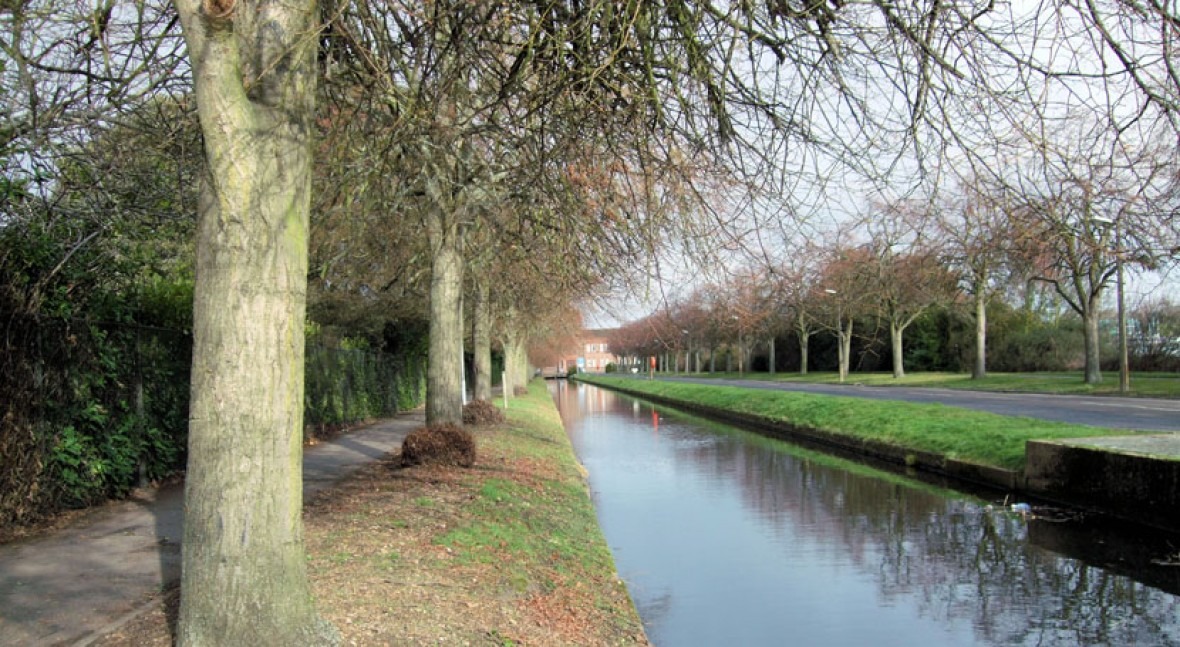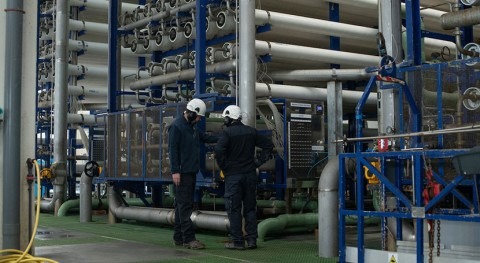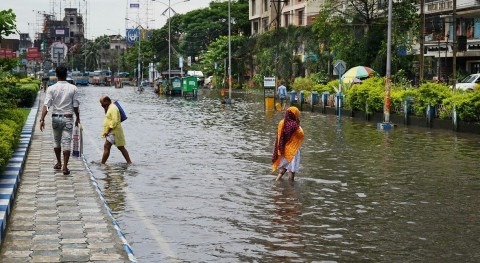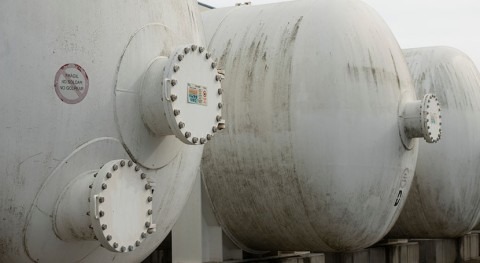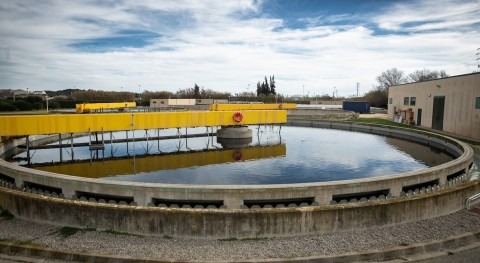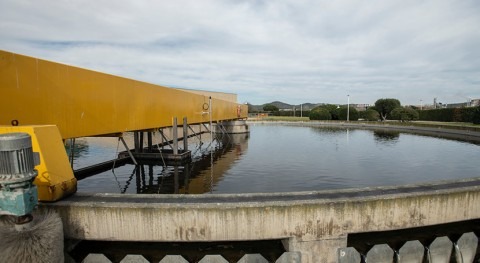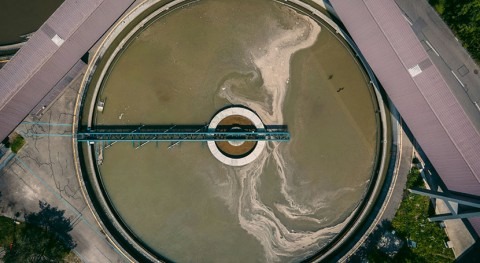England’s Environment Agency expects that 75% of English rivers will meet the objectives in EU legislation ─ will reach a ‘good status’ ─ by 2027, the maximum deadline possible under the Water Framework Directive (WFD). But the World Wide Fund for Nature (WWF) warns that rivers are not likely to meet environmental targets if they continue to be used as ‘open sewers’, reports the BBC.
At the moment, only 14% of England’s rivers meet EU objectives. Moreover, the Environment Agency is expected to carry out a consultation starting later this year on ‘challenges and choices’, to ask about citizens’ views on water management issues and how they should be addressed.
According to Dr Andrew Singer, a researcher at the Centre for Ecology and Hydrology, ‘We have so many sewage works that are on a river that even if you treated it perfectly, you would still have enough pathogens coming out of a well-operated sewage works that you wouldn't want to swim in the river.’ Last June, a swimmer doing a 220 mile challenge in the River Severn to raise money for a charity had to be hospitalized after allegedly swallowing sewage while swimming.
The WFD aims to protect and enhance aquatic ecosystems and promote sustainable water use across Europe. But the objective of good status ─ relatively unaffected by human activity, determined by a number of parameters that cover, for example, water quality, quantity, and flow ─, or higher in all EU waters is a long way from being achieved in many countries. Exceptions are allowed for specific water bodies so affected by human activity that achieving the objectives would be unfeasible or disproportionately expensive.
The implementation of the WFD has revealed that the main pressures on water bodies are pollution from agriculture, structural changes to water bodies, over-abstraction for irrigation or other uses, and inadequately treated wastewater.
WWF warns that the 75% target by 2027 is not likely to be reached without stricter regulation and greater efforts to return rivers to their natural condition. Particularly, in preparation for Brexit, the nonprofit calls for legislation to enhance the protection of rivers, while UK’s Department for the Environment, Food and Rural Affairs (Defra) has emphasized it would ‘not weaken any of our high environmental standards when we have left the EU’, but rather would enhance them further.
Earlier in August two pollution incidents causing massive fish kills made the news in England: 10,000 fish were killed by a spill of a chemical-based pollutant from an agriculture source in Devon, while an additional 3,000 fish died as a result of pollution in Somerset a few days later.
In 2018, the Environment Agency documented 1,623 incidents of pollution caused by discharges of raw sewage, even though that is something they should only do in case of extreme precipitation. Water company efforts to protect the environment were described as ‘simply unacceptable’ in the 2018 Environment Agency’s water and sewerage companies performance report released last July. However, a spokesperson for the agency said that England’s water quality is currently ‘better than at any time since the industrial revolution’. Furthermore, Water UK reported some £25 billion have been spent by water companies since 1995 on environmental efforts, with another £5 billion to be spent from 2020 to 2025 to further enhance environmental efforts.


